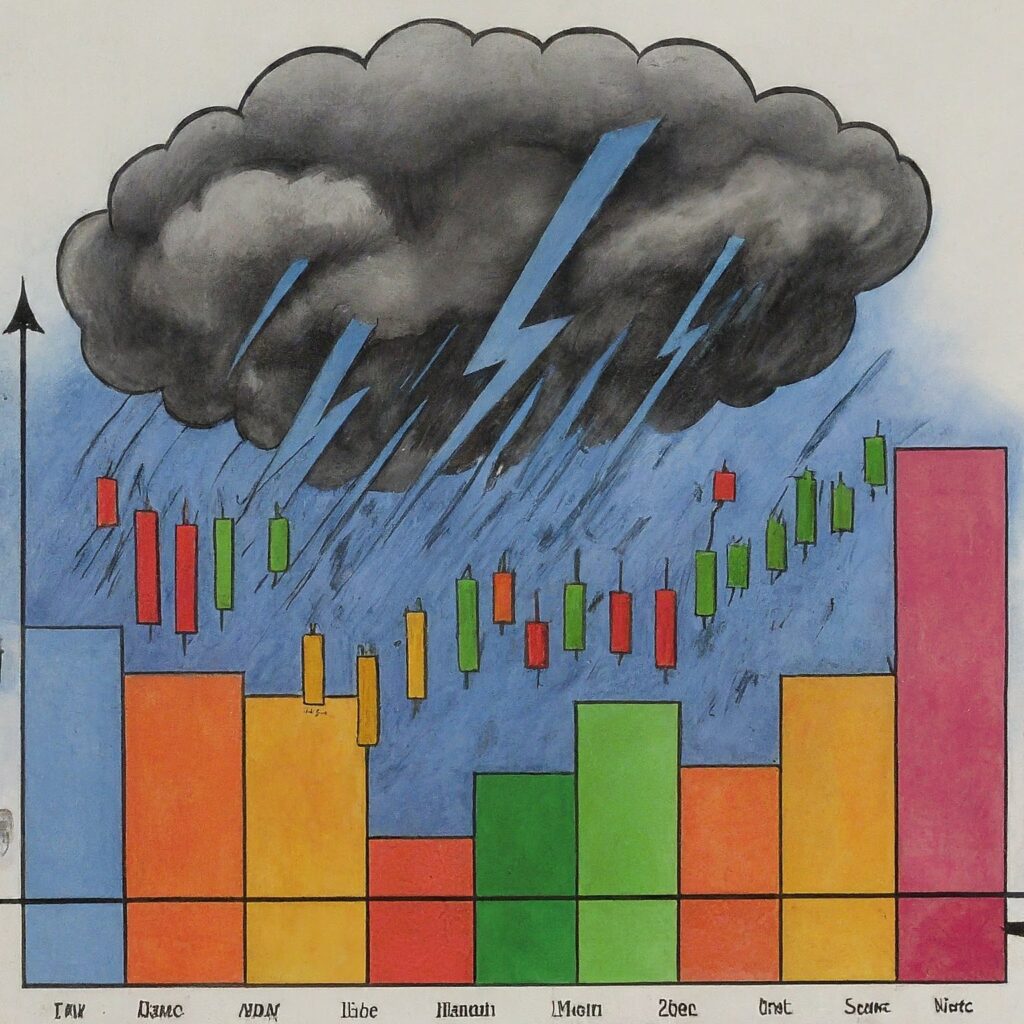Indian markets all you need to know
The Indian markets are one of the best markets for trading and investment,it gives you the opportunity to trade a lot of product and deriviatives like stocks, commodities, currencies.For exemple in the indian markets you can trade indian stocks of public enterprises like
IndianOil Corporation Ltd( NSE: IOC),Bharat Petroleum Corporation Ltd. ( NSE: BPCL), even stock o big indian banks like the State Bank of India (NSE: SBIN).
So how to trade and invest in indian markets ? and what are the best trading strategies for indian markets?
The history of Indian markets
The Indian history, in general, is one of the richest histories in the world, so obviously, the Indian economy and market will be affected by this. In general, the Indian economy has passed through several stages throughout history:
Ancient Periods (Medieval):
Indian markets have a long history dating back to ancient and medieval times when trade flourished along the Silk Road and maritime routes.,when cities like Taxila, Ujjain, and Pataliputra were important trading centers, facilitating commerce in spices, textiles, and precious metals.
colonial period(1752-1933) :
During the colonial period, India became an important hub for trade under British rule, which lead to The establishment of the East India Company in the early 17th century marked the beginning of organized trading activities, initially focused on commodities like spices, cotton, and indigo.
Establishment of Stock Exchanges:
The 19th century witnessed the establishment of formal stock exchanges in India, of corse now the Bombay Stock Exchange (BSE), is Asia’s oldest stock exchange, was founded in 1875, initially as the Native Share and Stock Brokers’ Association.
the Independence Era:
After gaining independence in 1947, India embarked on a path of economic development and industrialization,the government played a significant role in regulating the economy, with policies emphasizing self-reliance and import substitution.
Modernization and Global Integration:
The late 20th and early 21st centuries witnessed the modernization and globalization of Indian markets,the most important thing is the creation of the National Stock Exchange (NSE), in 1992, emerged as a leading stock exchange, introducing electronic trading and dematerialization of securities.
Rise of Technology and Online Trading:
The advent of technology has transformed Indian markets, enabling seamless trading through online platforms and mobile applications,so as a results retail participation has surged, with individual investors accessing markets directly and engaging in stock trading, mutual funds, and other investment avenues.
With a growing economy, increasing investor interest, and ongoing reforms, Indian markets continue to evolve, offering diverse opportunities for investors and traders alike, we can say that The history of Indian markets is a testament to the resilience and adaptability of its financial ecosystem, shaped by centuries of trade, colonial influences, and modernization efforts.So are you ready to discover the best trading strategies for indian markets ?
What you have to know before investing in indian markets?

If you are new to Indian markets or even an experienced investor in those markets, you have to know that there are huge risks of losing your money if you don’t know what you’re doing!
We all know that big investors and hedge fund companies choose to invest in Indian markets because they are knowledgeable about the best trading strategies and have the financial resources to do so. It’s essential to conduct thorough research and avoid jumping into Indian markets without a well-thought-out plan or proper education. Many novice investors mistakenly believe they will make significant profits as soon as they invest in Indian markets, which is not necessarily true. There are numerous factors to consider and control before entrusting your wealth and hard-earned money to the Indian markets.
Recently, I’ve heard about an amazing study on risk factors for Indian stock markets. The results of the study were outstanding. This study discovered that there are seven relevant variables representing systematic risk factors for Indian markets: the Industrial Production Index (IPI), the interest rate (INT) on ten-year government bonds, the foreign exchange rate of the Indian rupee with the US dollar (EXRATE), the Consumer Price Index (CPI) as a proxy for inflation, the MSCI global index (MSCI), the dividend yield (DY), and the price-earnings ratio of the Indian market (PER) for Indian stock market.
You can finde the full study here :Strategic Risk Factors for Indian Stock Markets
How to choose the best stock in indian market
As I’ve said before, there are always risks when investing! So, when choosing a stock in the Indian market, you have to be careful. To do that, you firstly need to create a trading plan. It might seem easy, right? Well, it’s not! Your trading plan should contain some candidate stocks that you’ve already picked to invest in.
Here are some pieces of advice to consider when choosing a stock in all market:
Liquidity of stocks: Always choose stocks of public companies that have high trading volumes, meaning they are bought and sold frequently. This is because they are generally easy to trade, with tight bid-ask spreads, especially if you’re trading large positions.
Trending stocks: This means stocks in an uptrend or a downtrend because trending markets are the best market structure with high returns on investment.
Good management: Your trading plan must consider how to manage both profitable and losing trades, risk ratio, and entry and exit points too.
For exemple, Let’s say im interested in the pharmaceutical sector due to its growth potential and stability in indian markets. After i did my research and analysis,i found a good company named Sun Pharmaceutical Industries Limited (Ticker: SUNPHARMA) as a potential trading opportunity, why this company exactly? simply because it s one of the largest pharmaceutical companies in India markets with a strong global presence and It has a diversified product portfolio, robust research and development capabilities, and a history of generating consistent revenues and profits.so why not !
Don’t forget that your goal at the end of the day is to make money, so the idea of trading is to simply sell the stock at a higher price than what you bought it for, which makes you profit. So, do your homework and be smart!
Best trading strategies for indian markets
You already know that to be profitable in trading or investing in general, you need a profitable strategy. I will give you some reputable strategies that you can test in a demo account before using them in a real account:
Trend Following: This strategy is used by professional traders around the world, the ideas of this strategy involves about identifying and trading in the direction of the prevailing market trend. To do that traders use technical analysis tools like moving averages, trendlines, and momentum indicators to identify trends and enter positions accordingly.
Breakout Trading: Breakout trading aims to enter positions when the price breaks out of a well-defined trading range or a chart pattern, such as triangles, flags, or rectangles. Traders often use volume analysis to confirm breakouts. When using this strategy, be careful of fake breakouts, also called bull or bear traps, depending on whether we are in an uptrend or downtrend.
Momentum Trading: Momentum traders look for stocks or sectors exhibiting strong price momentum. They enter long positions in stocks that are rising and short positions in stocks that are falling, with the expectation that the momentum will continue in the short to medium term.
Swing Trading: Swing traders aim to capture short to medium-term price movements within a trend. They typically hold positions for a few days to weeks, capitalizing on the swings or fluctuations in the market.
My dear trader! always remeber that no trading strategy guarantees success!, and you should carefully assess your risk tolerance and conduct thorough research before implementing any strategy. Additionally, staying updated on market news, economic events, and sector-specific developments is crucial for making informed trading decisions.








